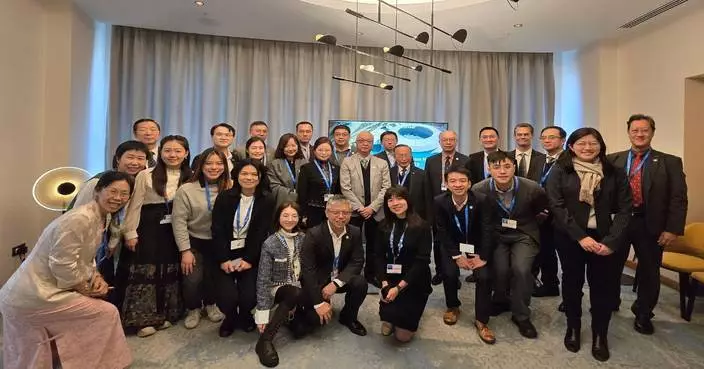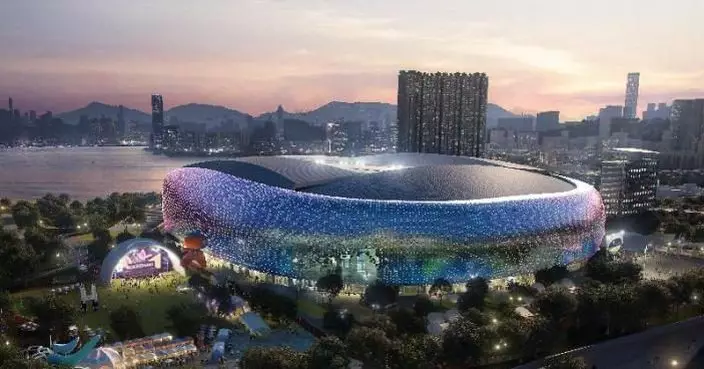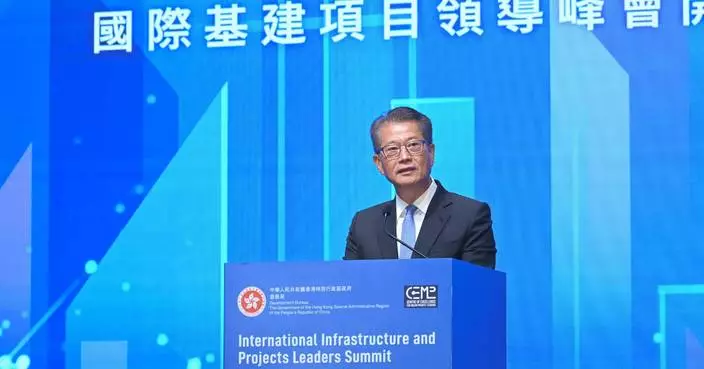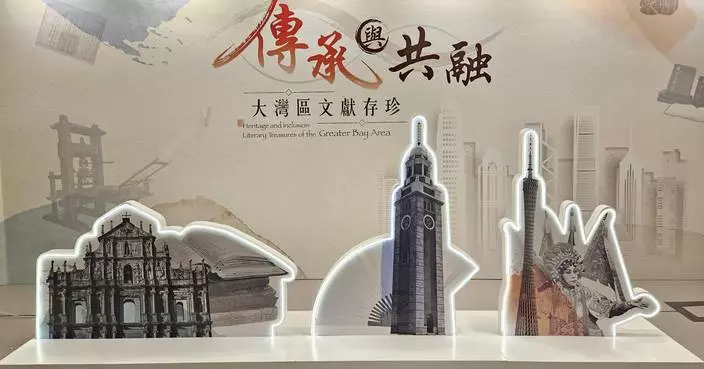Speech by SCED at plenary session of APEC Ministerial Meeting (1)
Following is the speech by the Secretary for Commerce and Economic Development, Mr Algernon Yau, at the plenary session themed "Innovation and digitalisation to promote transition to the formal and global economy" at the 35th Asia-Pacific Economic Cooperation (APEC) Ministerial Meeting in Lima, Peru, on November 14 (Lima time):
Good morning, Chair and fellow colleagues.
Let me start off by expressing my heartfelt gratitude to Peru for the excellent arrangements and warm hospitality extended to our delegation.
At the heart of today's agenda is our commitment in APEC to deliver inclusive and sustainable outcomes that address the needs and aspirations of our people. In this regard, Hong Kong, China (HKC) highly commends Peru for its leadership in advancing this year's inclusivity agenda, especially its work in promoting transition to the formal and global economy. Although circumstances may vary among member economies, it remains a common aspiration to create an enabling environment that fosters inclusivity in one's economy. Identified as one of the key economic drivers in the Putrajaya Vision 2040, innovation and technology play a pivotal role in the transition, and I would like to highlight three points from HKC's perspective.
First, harnessing digital technologies can facilitate formalisation. From HKC's experience, digital government services can help slash the cost of doing business and promote participation in the formal and global economy. Currently, HKC is developing a digital corporate identity platform to serve as a common digital key for identity authentication, enabling businesses, small or large, to use e-government services at ease and conduct online business transactions in a secure and efficient manner. The convenience will incentivise businesses to go digital and harness the full benefits of efficiency when using e-government services and transacting with businesses.
Second, investing in digital infrastructure can create an enabling environment for businesses. HKC has invested substantially in this respect. In 2022, we launched the Commercial Data Interchange as a digital infrastructure for voluntary data sharing among banks and businesses to speed up credit underwriting. To unleash the potential of this initiative beyond corporate level, we connected earlier this year the Commercial Data Interchange with the Government's Companies Registry to enable banks to obtain directly company particulars from the Government. This has provided incentives for businesses to register, comply with regulations, and operate transparently. In addition, recognising the challenges faced by our micro, small and medium-sized enterprises (MSMEs), we have been promoting the use of online dispute resolution (ODR) to resolve cross-border commercial disputes in the region. By leveraging advanced technologies such as blockchain, smart contracts and artificial intelligence, the ODR not only enhances MSMEs' access to justice but also streamlines the dispute resolution process, thus fostering a more inclusive business environment for MSMEs. We are glad to see that one-third of member economies have joined this ODR initiative, and we look forward to further collaboration with member economies on this front.
Third, ensuring equitable and affordable access to digital technologies benefits all segments, especially women, the elderly, persons with disabilities and other vulnerable groups. Specifically, HKC adopts a targeted and proactive approach in helping the various groups overcome the structural barriers. For example, we have been providing funding support to assist persons with disabilities in acquiring computer facilities for self-employment or receiving supported employment services at home. We look forward to accelerating work on digital inclusion with member economies to unlock the potential of individuals in the transition towards formal and global economy, building on existing initiatives such as the APEC Internet and the Digital Economy Roadmap, the La Serena Roadmap for Women and Inclusive Growth, and the Arequipa Goals.
Lastly, let me once again thank Peru for its steadfast commitment in spearheading this meaningful work in APEC. HKC looks forward to the adoption of the "Lima Roadmap to Promote the Transition to the Formal and Global Economy" at the APEC Economic Leaders' Meeting, charting an inclusive transition for all.
Thank you, Chair.







